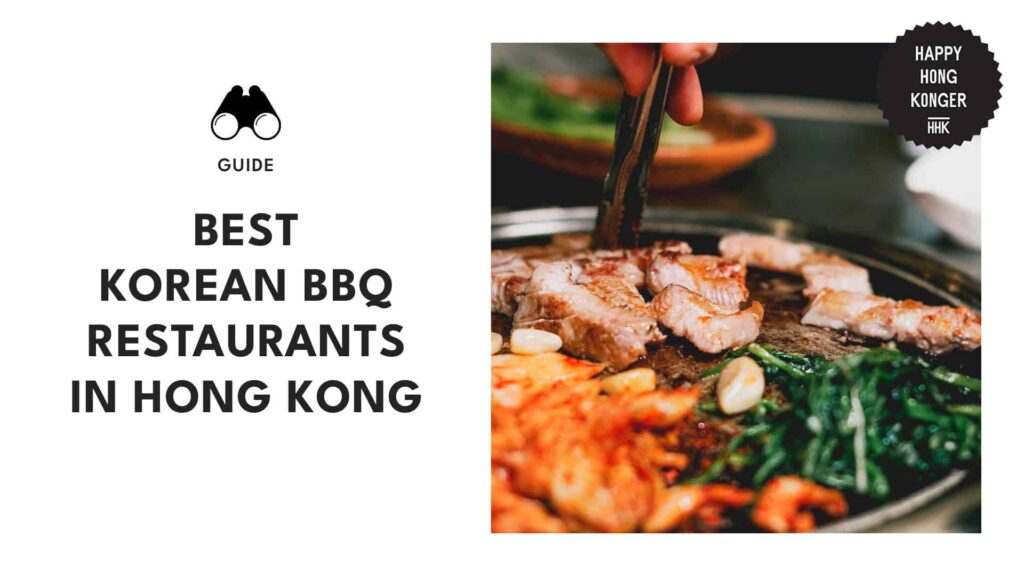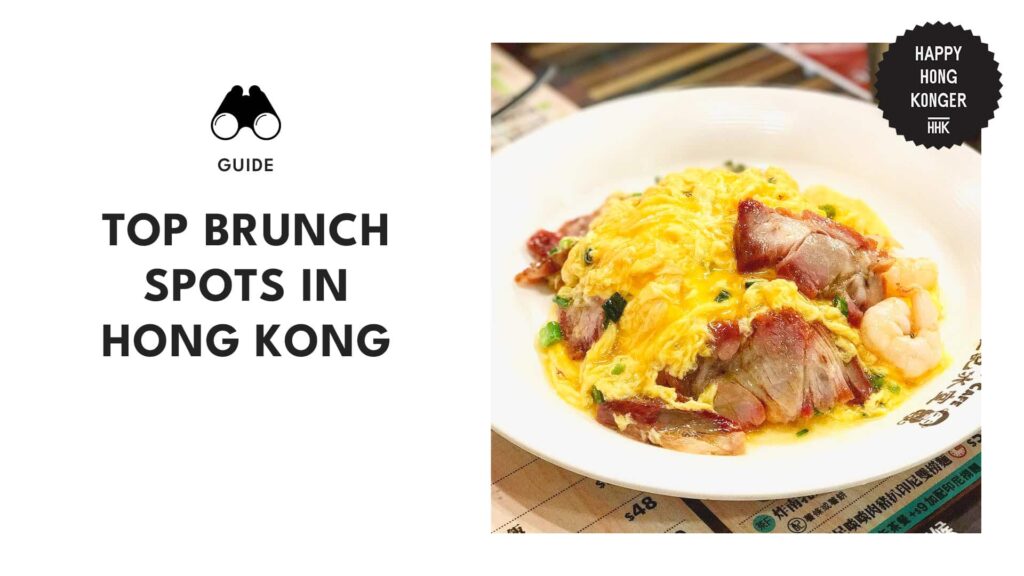Categories > Guides and Tips
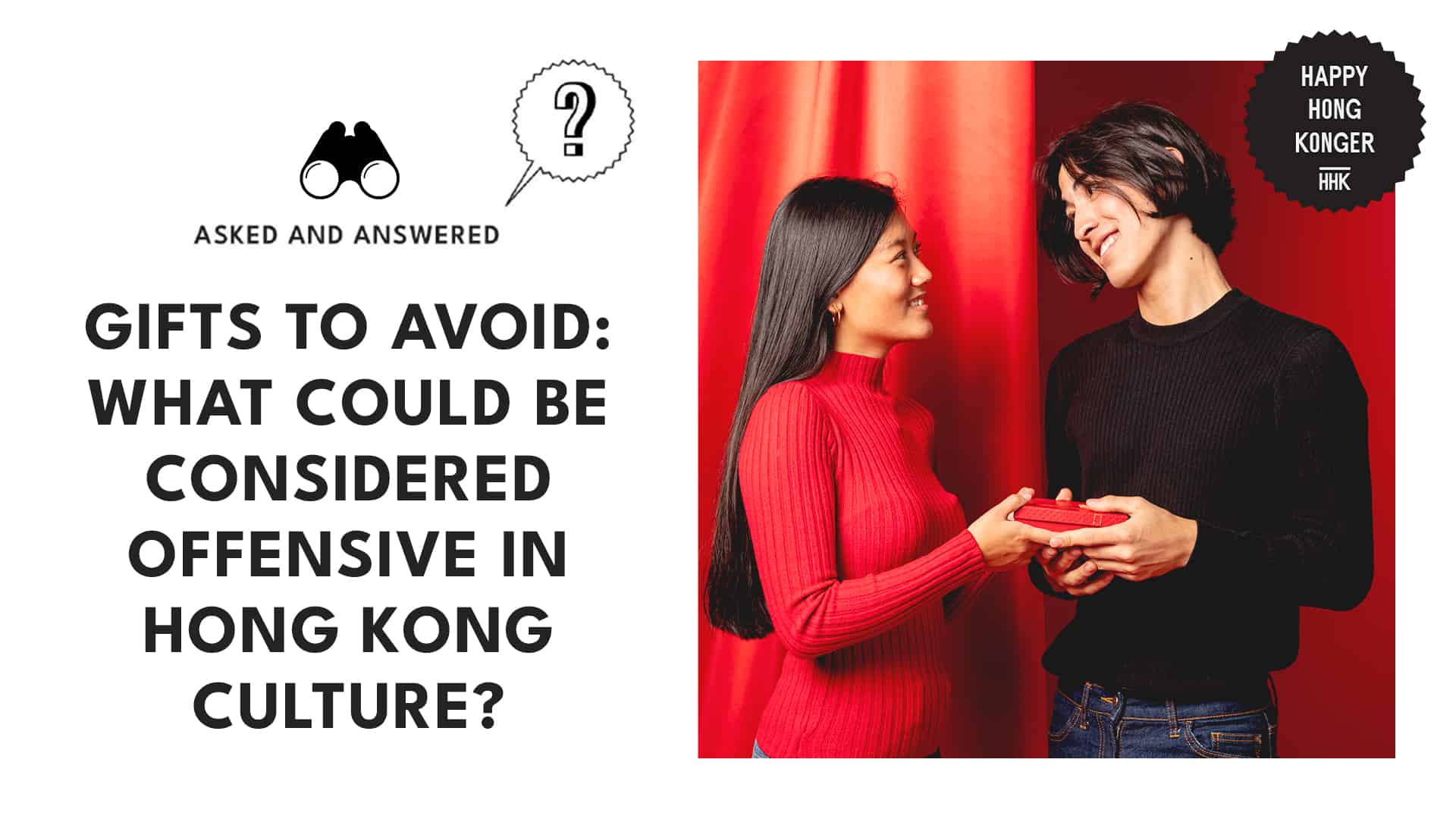
Gift-Giving Customs in Hong Kong: What Gifts to Avoid and Why
- What are Hong Kong’s general rules and etiquette when it comes to gifts?
- The Do’s to Remember
- The Don’ts to Be Aware Of
- What gifts are considered bad luck or offensive in Hong Kong?
- Clocks or Watches
- Cutting Tools/Sharp Objects
- Shoes
- Umbrella
- Mirror
- Handkerchief
- Yellow or White Flowers
- What are the common differences between gift-giving traditions in Western countries and Hong Kong?
Gifts don’t always have to be fancy and expensive. But at the very least, they shouldn’t be insulting! That’s why it pays to know what gifts may be downright offensive or taboo in certain customs – you can avoid awful scenarios that way.
No matter how well-intended the gift might be, it’s still crucial to be mindful of cultural norms and customs. Today, let’s tackle Hong Kong’s gift-giving customs and taboos so you can know what gifts to avoid and help you steer clear of a problematic situation.
What are Hong Kong’s general rules and etiquette when it comes to gifts?
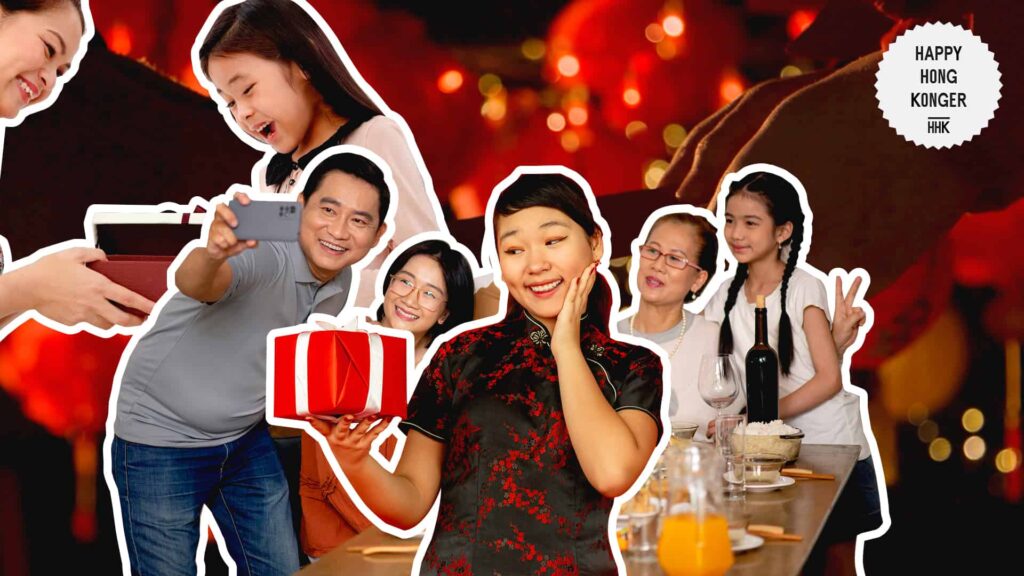
Here are some of Hong Kong’s general rules and etiquette to remember when giving and receiving gifts.
The Do’s to Remember
- Always give and receive gifts with both hands. Using both hands to give gifts is a way to show your recipient that you’re humbly giving them a present. And when you’re receiving a gift with both hands, it shows that you gracefully appreciate the gift.
- Wrap your gifts in bright and cheerful colors. Picking bright and cheerful colors for gift wrappers depicts a message of blessings and good vibes to the recipient. You can never go wrong with red or gold gift wrappers!
- Make sure to bring a gift when you visit someone’s home. When you’re invited to someone’s home for a meal, it’s a must to bring a nice or small gift with you. Although hosts don’t generally expect gifts from visitors, it’s a customary gesture to show you’re grateful for their invitation.
- Understand the act of gift refusal in Chinese culture. The act of gift refusal refers to the custom of a receiver initially resisting a gift but then eventually accepting it after some persistence from the gift giver. This is to show humility or politeness when receiving a gift.
The Don’ts to Be Aware Of
- Don’t use black or white color when wrapping gifts. Since black and white are usually used for funerals, it’s best to avoid using these colors, especially for gifts for birthdays, anniversaries, and Chinese New Year celebrations.
- Don’t immediately open gifts or open gifts in front of the giver. It’s best to open gifts in private because, in Hong Kong, it’s rude to open gifts in front of the gift-giver. This also applies to lai see packets given in Chinese New Year.
- Don’t give gifts in a set of four or have the number four on it. In Cantonese, the pronunciation of the number four is similar to the word death, so it’s considered bad luck when it’s associated with gifts.
- Don’t give or offer gifts to civil servants. Offering or giving gifts to a civil servant is illegal because it can be a violation of Hong Kong’s anti-bribery law.
What gifts are considered bad luck or offensive in Hong Kong?

There are certain no-nos when giving a present in Hong Kong. Listed below are some that you should avoid giving and the reasons why.
Clocks or Watches
Clocks or watches of any kind are considered offensive gifts because they represent death. Besides that, the Cantonese phrase for the act of giving a clock (送钟, sòng zhōng) sounds like the phrase (送终, sòng zhōng), which means “to attend a funeral.”
Cutting Tools/Sharp Objects
Giving anything sharp or any cutting tools like scissors and knives is considered bad luck because it signifies cutting off ties in a relationship or friendship.
Shoes
Giving a pair of shoes as a gift is often considered bad luck because the pronunciation of the word “shoe” is similar to the word “evil” in Mandarin and “rough” in Cantonese. This can symbolize rocky or rough times ahead for both the giver and the receiver of the gift.
Umbrella
Gifting an umbrella may seem like a thoughtful gift, but in Hong Kong, this gift can mean the end of a friendship. You see, the pronunciation of the Chinese word for umbrella (伞 sǎn /san/) is similar to (散 sàn), which means “breaking up”.
Mirror
Mirrors are said to attract evil and malicious ghosts, so it’s a bad gift idea.
Handkerchief
Giving a handkerchief to someone is a big no because it suggests that the giver is bidding farewell forever and cutting all ties with the receiver.
Yellow or White Flowers
Flowers are pretty, but gifting them can be a bit tricky! In Hong Kong, yellow chrysanthemums and white flowers of any kind are usually used at funerals, so they’re associated with death.
What are the common differences between gift-giving traditions in Western countries and Hong Kong?
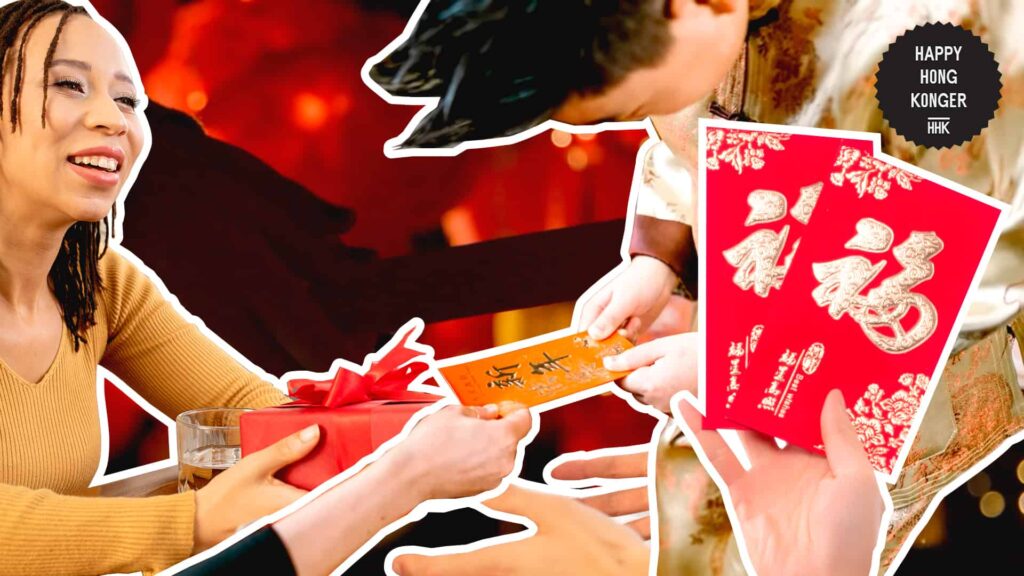
The art and concept of gift-giving vary across cultures. What might be warmly appreciated and accepted in one culture could be viewed as offensive or inappropriate in another.
That’s why it’s essential to know the common gifting culture of your recipient. To give you an example of how gifting cultures and norms can differ, we’ll share the key differences between the concept of gift-giving in Hong Kong and in Western countries.
| Gift-Giving in Hong Kong | Gift-Giving in Western Countries |
| Giving gifts during holidays or when coming back from a trip is somewhat obligatory, especially if it’s part of family tradition. | Spontaneous gifts are more common in Western countries, and they don’t always give or exchange gifts in some celebrations. |
| In Hong Kong, a recipient is expected to push away or reject a gift (at least once) before accepting it to show humility. | You just have to receive the gift and thank the person giving you a gift. |
| It’s common courtesy to give another gift in return after receiving a gift. This is like a sign of respect or somewhat a cyclical pattern of gift-giving. Not giving something back can give off a sense of rudeness. | You may or may not give reciprocal gifts after you receive one. Asking for a gift in return can create pressure for people on Western countries. |
| Gifting knives, handkerchiefs, or shoes are considered taboo. | Gifting knives, handkerchiefs, or shoes are greatly appreciated because of their practicality and usefulness. |
| In traditional Chinese weddings, it’s more common to give hóng bāo or red envelopes filled with cash. | At Western weddings, it’s more common to give household items like sets of pots, silverware, pans, and even appliances. |
